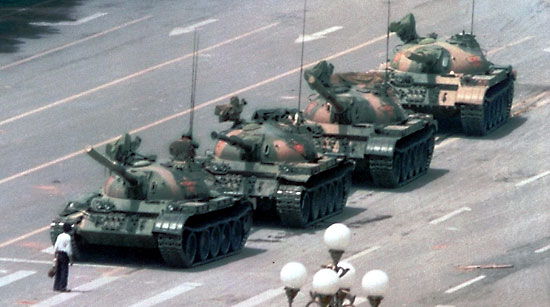
It has been a rather beautifully horrible day. I am sitting by myself in my room in front of a very dirtily arranged desk. My old desktop screen flickers as the voltage in the room dips momentarily, threatening diabolically of another imminent power cut. The hoarse croaking sound of my neighbor’s 40 year old radio continues to rattle my nerves as my jobless reverie suffers jolt after jolt from its harsh static. I wonder why I’m still not used to it. This radio has been my 90 year old neighbor’s main occupation from the time he retired. Stripped down to its barest of workings, the days of man and machine are spent in violating the known axioms of durability, as the shaky hands of the old man caresses the insides of the radio with the care of a passionate lover.
A dying fire glowed in the bluish haze of the room. A few of its haggard occupants gave unintentional shivers. The crass voices of the vultures frequenting the graveyard all around them cut through the silence of the night. The continuous creaking of crickets blends with the gentle rustling of the dry leaves of the burnt forest nearby. As he looks around, despair and defeat stares back at him. Tired faces branded with the jaded looks that comes with continuous fights for years. And at the first ray of the sun, in a few hours, the first battle-horns will ring out, putting an end to all of it.
All of it.
He stands up.
The old man, Mr. Mitra, was very active even at this age. In spite of the several ailments, age related and otherwise, he would wake up at 4 A.M. everyday notwithstanding the season or temperature. He maintained one of the most beautiful gardens in the neighborhood. He would then meticulously make his way to the milk shop, standing first in line with the happy excitement of a child less than tenth his age. I would often meet him as I was shepherded towards my school by my mother, rubbing my eyes with all my might. He would always be ready with a tooth-less smile and an endearing word of encouragement.
A hush descends on the room as he stands up. The moans come to a gentle and steady end. The floorboards creak as he steps forward. All the eyes in the room follow each of his movements. His black cape swishes as he stands in the middle of the room. He looks around.
‘They have us. Our Armies have been eradicated in the North. The help promised will not come. The firebirds of the enemy have scared the clan chiefs into hiding or submission.’
He looks around again.
‘Tomorrow’s the last day. You can either go and surrender and plead to the better sense of the enemy. Or you can charge alongside me for one last time. It was an honor serving alongside you gentlemen. ’
Since I was very small, I had just seen him and his equally ancient and wrinkled wife, going about their work. I often used to wonder what happened to their children. I knew of a married daughter who lived not-so-far-off. Her appearances at the home were at best seldom, a rather eventful occurrence that the old couple used to look forward with much enthusiasm. But the visits hardly ever ended on a happy note. We could often hear a broken down Mrs.Mitra groaning in between sobs. After a particularly bad argument, the daughter announced that she wanted nothing to do with her parents anymore. Mrs.Mitra never really recovered from that shock. She spent the rest of her days as a delusional wreck muttering something like, “If only he was alive, he wouldn’t have let her…” …
She died within a year.
The first rays of an orange sun shone on the red battle fields. The once green fields, now ravaged by the terrible firebirds of the enemy bore a parched look, sadistically thirsting for the blood of them who had fought for her well-being and independence. The sweet notes of a parakeet singing on the lone burnt tree in the middle of the battle-field wafted through the sleepy minds on both sides of the field. A drummer was rudely nudged. Grumbling he made his way to the front of the ranks. Thankfully, it was all ending soon.
A disciplined band of men made their way out of the wooden mansion. Their leader kneeled once. ‘For you, mother’, he muttered.
I had often wanted to know who the old lady had been referring to. She had been quite close to us. And her small eccentricities made her very close to the children of the locality. She was obsessed with cartoons and adventure movies. A rather chatty lady, I remember spending hours as a toddler arguing about Tom and Jerry and Dragonball-Z. The latter was her favorite.
As the enemy formations became visible at the other side, the paltry group of fighters halted for once. The leader looked at them. A steady set of eyes looked back at him.
It was time. The remnants of the Royal Army broke into a run. A volley of shots rang out. The leader felt a shearing pain in his arm. He kept on running. Several shots were fired at will. He felt his whole body going numb. Falling…
And that was how Mr.Mitra’s ten year old sleep-walking son had fallen to his death while enacting the last show of Rana Pratap that he had heard in the radio the day before.
‘For you, mother’, he muttered…





